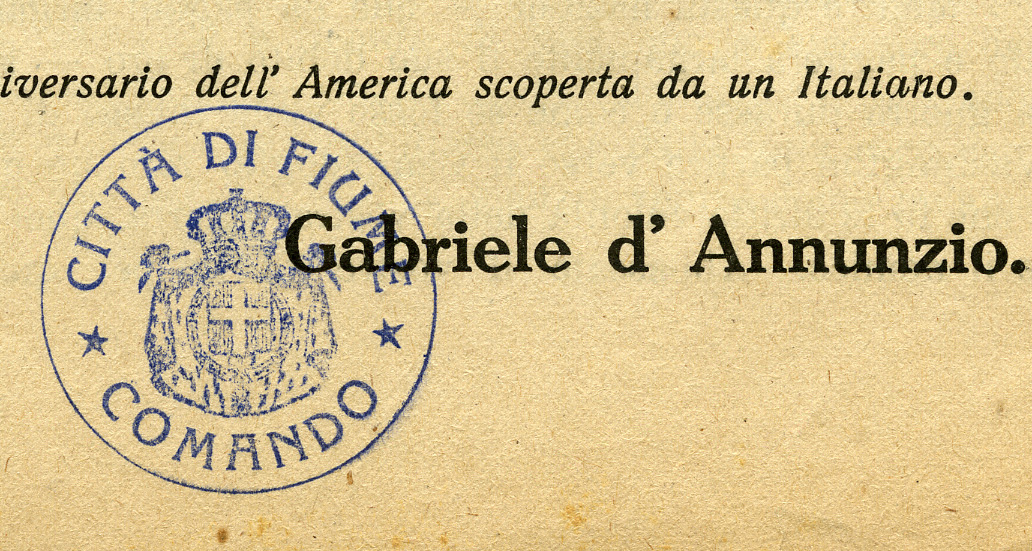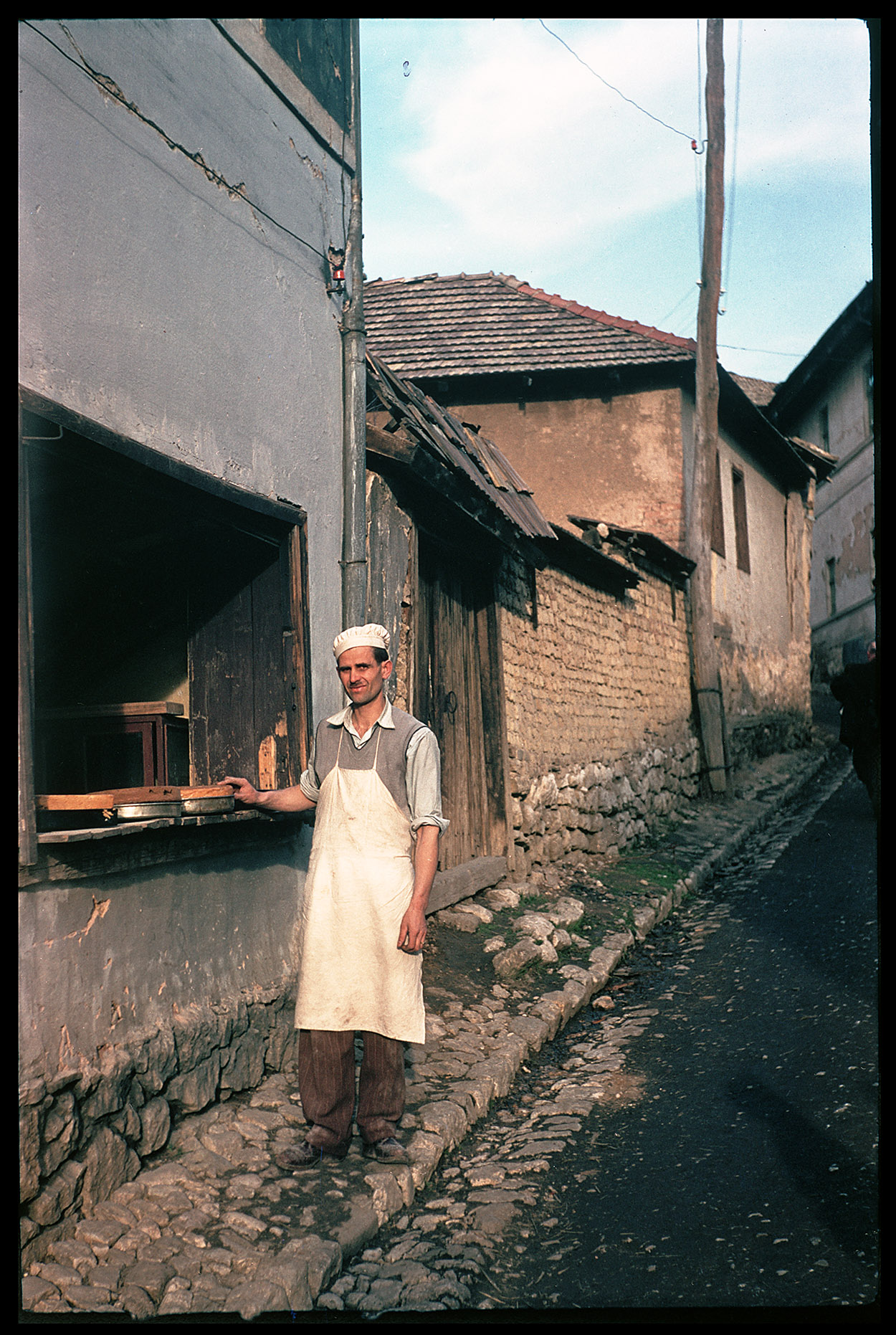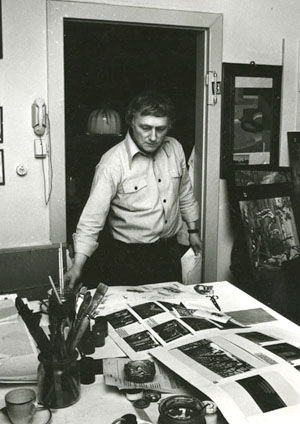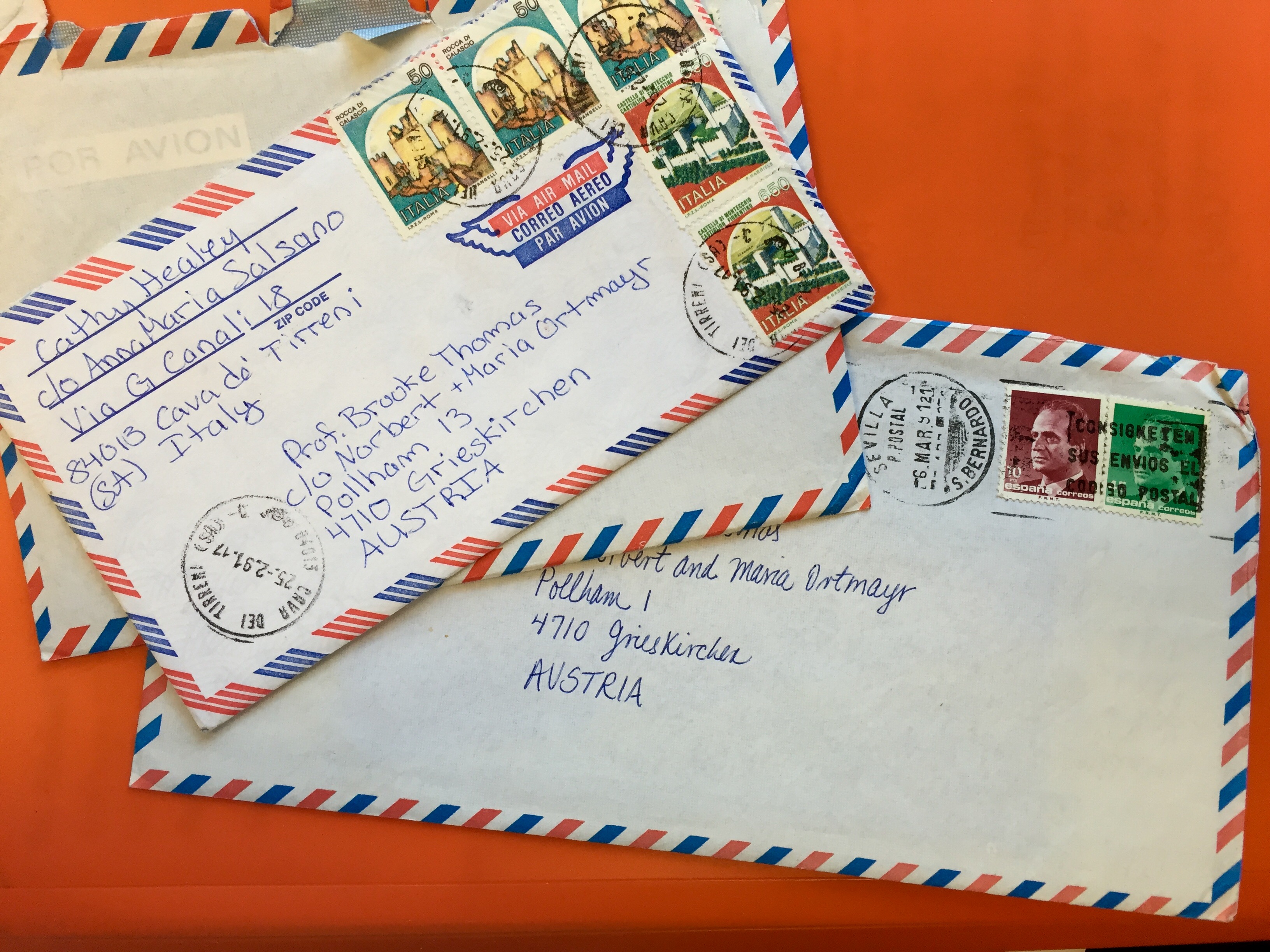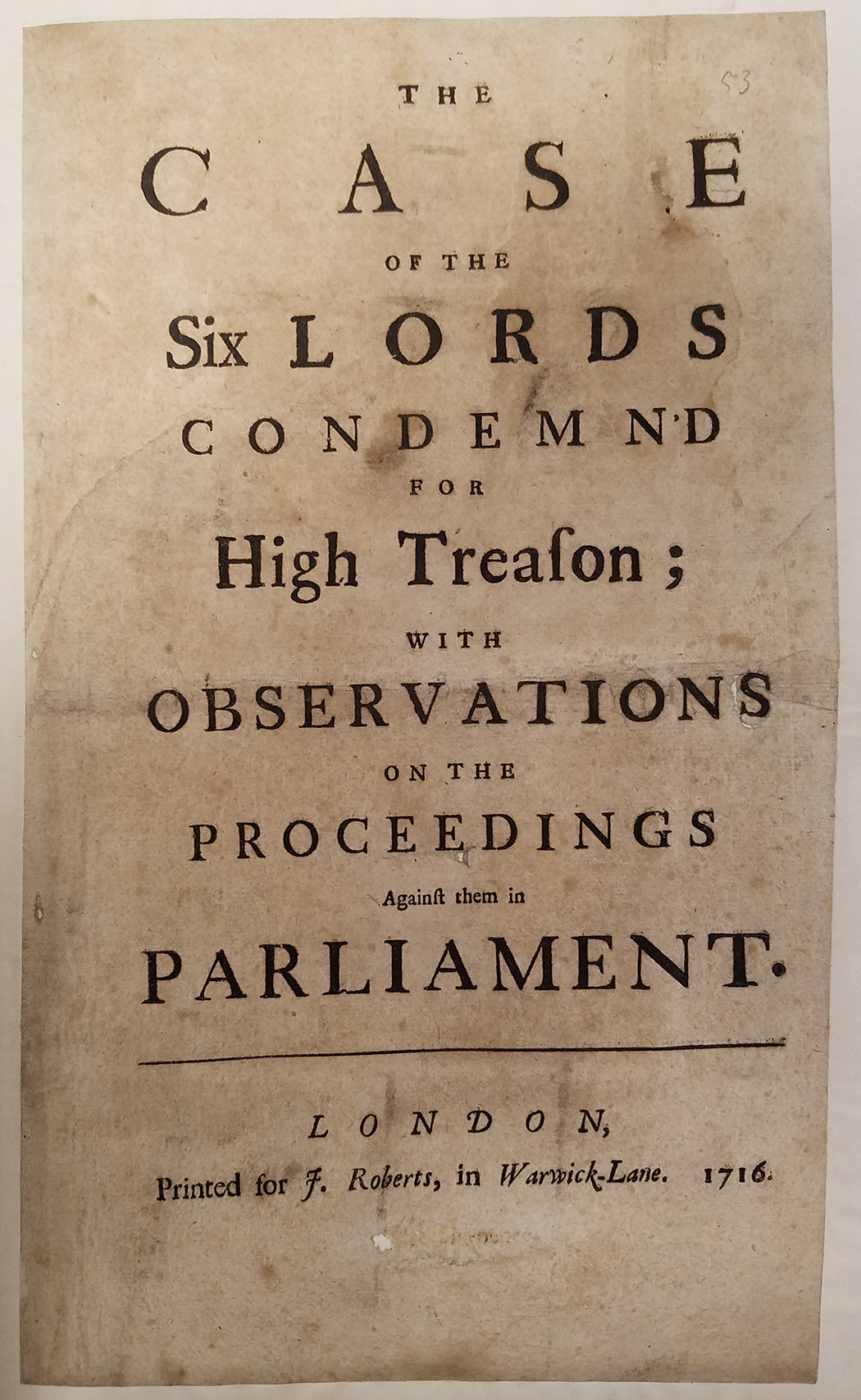Dominikanerinnenkloster St. Gertrud (Cologne, Germany) Book of Hours
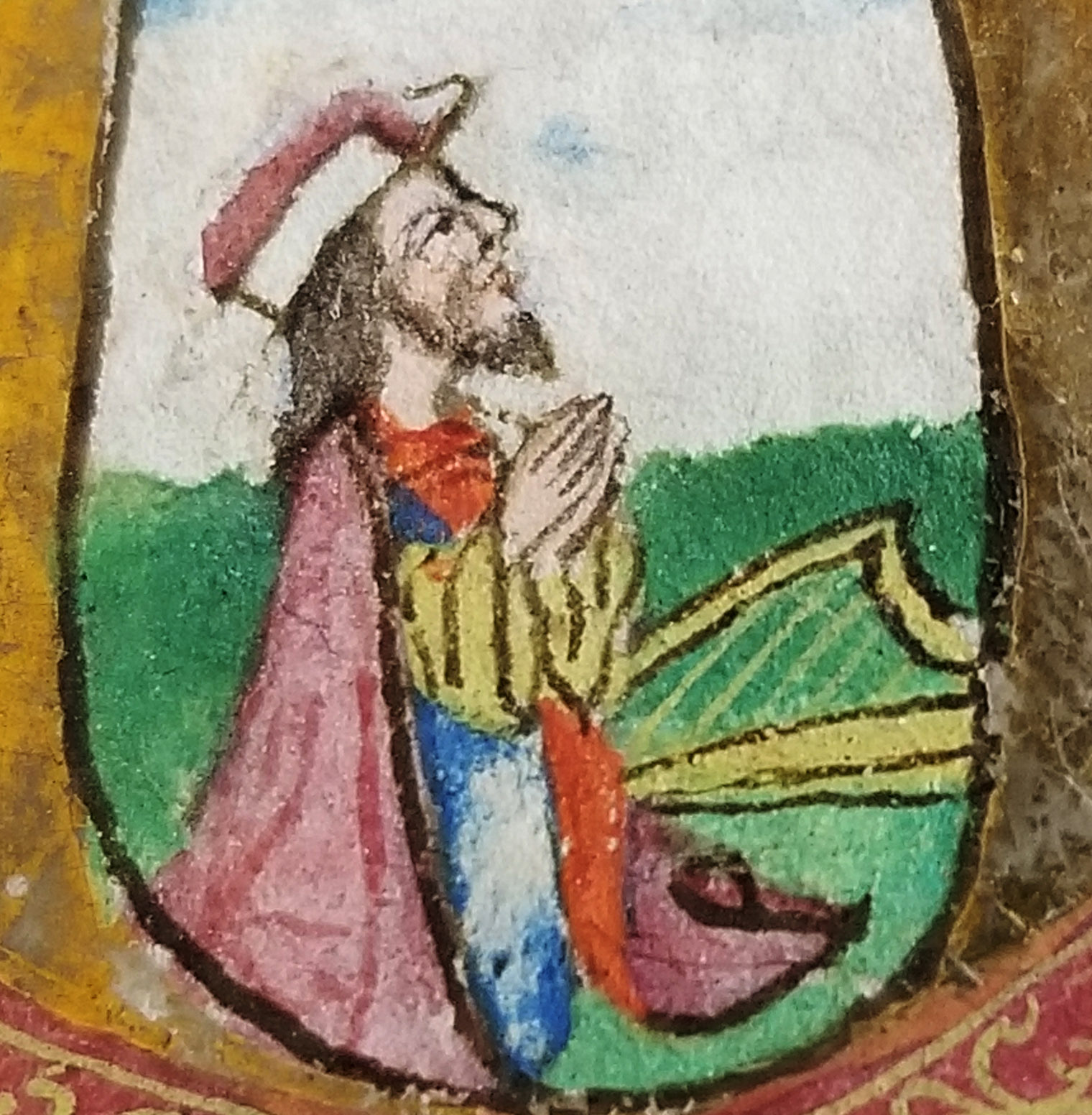
The Dominikanerinnenkloster St. Gertud (Dominican Convent of Saint Gertrude) operated in Cologne, Germany, for nearly five and half centuries. An important center in connection with German mysticism in the 13th and 14th centuries, the Kloster survived the Reformation, however persistently poor finances led to its decline in the 18th century. After it was abolished during a wave of secularization on October 14, 1802.
This diminutive book of hours was prepared by Dominican nuns at the Kloster St. Gertrud during the 1480s. Like some other German books of hours it lacks the calendar, Gospel lessons, and the two prayers to the Virgin, Obsecro te and O intemerata, however it includes additional liturgical texts, such as Offices for major feasts, as well as music for the funeral service. This copy may have been made for or by the prioress Magdalena Frankengruenerin (1481-1488), and remained in the convent until the eighteenth century.


